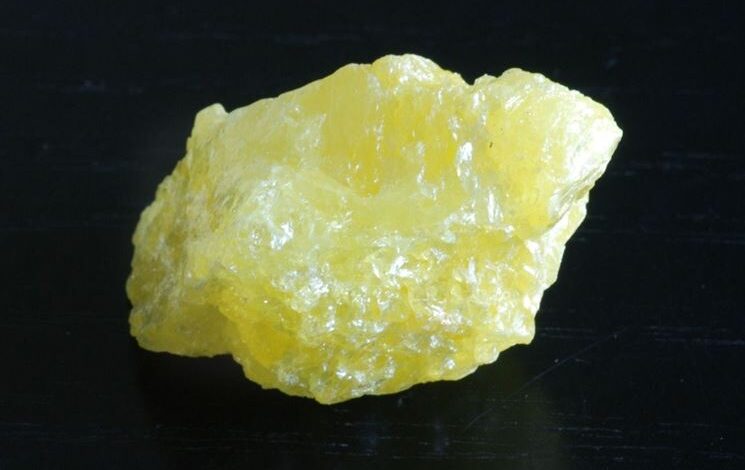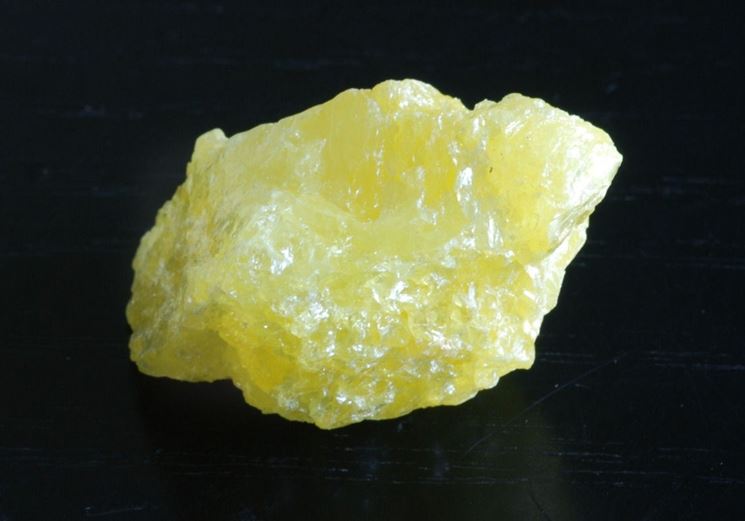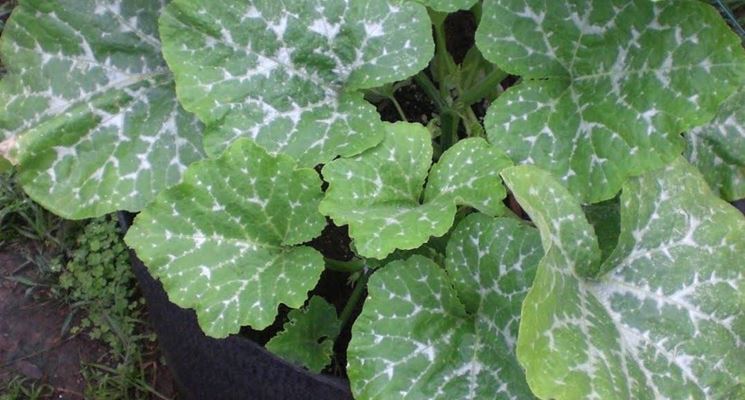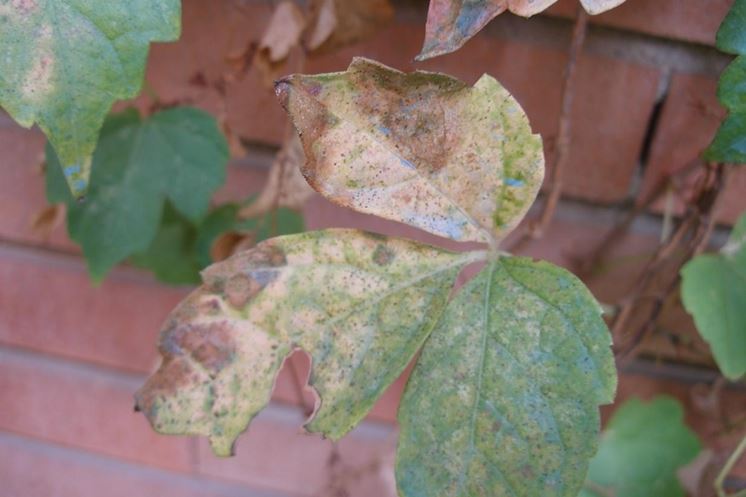Sulfur in agriculture

The sulfur

Sulfur is used in agriculture in three main groups: powdery, wettable, liquid. Pulverulent sulphurs are dry powders. Wettable sulphurs are powders, granules or micro-granules that can be dispersed in water. Liquid sulphurs are concentrated suspensions. Sulfur is the main substance to combat fungal infestations and is also capable of carrying out a preventive action. It is also able to curb the action of some mites such as the red spider and the eriofidi that infest the pear tree and the vine. In fact, interventions with sulfur are for the most part used to protect fruit plants, with treatments that are generally carried out at a distance of 30 days from each other and not earlier than 20 days after an intervention with mineral oils. .
How sulfur works

The action of sulfur is not toxic since it does not penetrate into the tissues of the plant or into the lymphatic circuit. The action carried out by the sulfur is to steal water from the cell of the fungus, causing dehydration and the consequent blocking of respiratory processes. Usually the fungicidal power depends a lot on the temperature and humidity of the air, in fact the optimal temperature should be between 10 and 40 degrees. Sulfur can be used on any type of plant, but only for those that are outdoors, since it is not possible to spread it indoors. The administration of sulfur can be performed with a bellows for the formulations that are in powder, protecting the body and the respiratory tract and on windless days.
Sulfur in agriculture: Sulfur toxicity

The sulfur powder is very useful for massive action in the presence of large infestations, the wettable sulfurit could instead be indicated for a preventive action because it has less persistence, while liquid sulphurs are ideal for indoor use, even if they must necessarily be sprinkled outside to avoid problems with the domestic environment. The massive use of sulfur could cause problems for some useful insects that are particularly sensitive to it such as phytoseids, myrids and anthocorids. Sulfur should not be administered at high temperatures because it could be toxic to plants, while in the soil it is degraded very quickly. In fact it would be advisable to carry out the treatments in the coolest hours of the day, especially in the summer.




